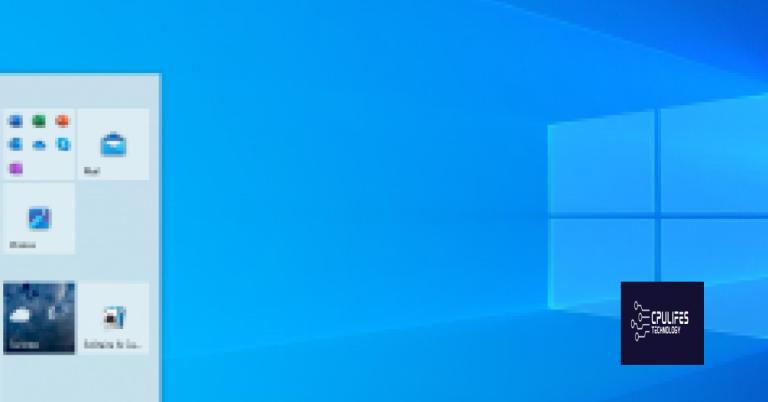For Honor Latency and Input Lag Fixes
Unleashing the true potential of For Honor: Conquering latency and input lag challenges.
Understanding Latency and its Impact on For Honor
In the world of online gaming, latency can greatly affect your gaming experience. Latency refers to the delay between your actions and the response on the screen. This delay can be caused by various factors, such as your internet connection, network latency, or the distance between your device and the game server.
To reduce latency and improve your For Honor gameplay, there are a few steps you can take. First, make sure you have a stable internet connection with low ping. You can use tools like Honor | wtfast to optimize your connection and reduce packet loss. Additionally, consider using a wired connection instead of Wi-Fi, as it can provide a more stable and reliable connection.
Another factor that can contribute to latency is input lag, which is the delay between pressing a button and the action happening in the game. To reduce input lag, try using a wired controller or keyboard, as Bluetooth devices can introduce some latency.
By addressing these factors and optimizing your setup, you can minimize latency and enjoy a smoother and more responsive For Honor gaming experience.
Troubleshooting High Ping in For Honor
1. Check your Internet connection: Make sure you have a stable and reliable connection. Disconnect any unnecessary devices or apps that might be using up bandwidth.
2. Close background programs: Close any unnecessary programs or apps running in the background that could be causing latency issues.
3. Optimize your network settings: Use a wired connection instead of Wi-Fi, as it provides a more stable connection. Ensure that your router settings are properly configured for gaming.
4. Use a VPN like wtfast: A VPN can help reduce network latency and improve your overall gaming experience.
5. Test different servers: Try connecting to different game servers to see if the issue persists. Sometimes, a server closer to your location can provide better latency.
6. Update your drivers: Make sure your network and graphics drivers are up to date. Outdated drivers can sometimes cause latency issues.
7. Contact your Internet provider: If you are experiencing consistent high ping, reach out to your Internet service provider to troubleshoot and resolve any network issues.
Remember, reducing latency can greatly enhance your gaming experience in For Honor. By following these steps, you can minimize input lag and enjoy smooth gameplay.
Additionally, if any DLL files are missing or corrupt, Fortect can automatically fix the issue. While it cannot directly fix latency issues, it can ensure that Windows and other programs run smoothly, which may help alleviate the problem.
Effective Methods to Reduce Latency in For Honor
-
Check your internet connection
- Ensure you have a stable and reliable internet connection.
- Run a speed test to check your internet speed.
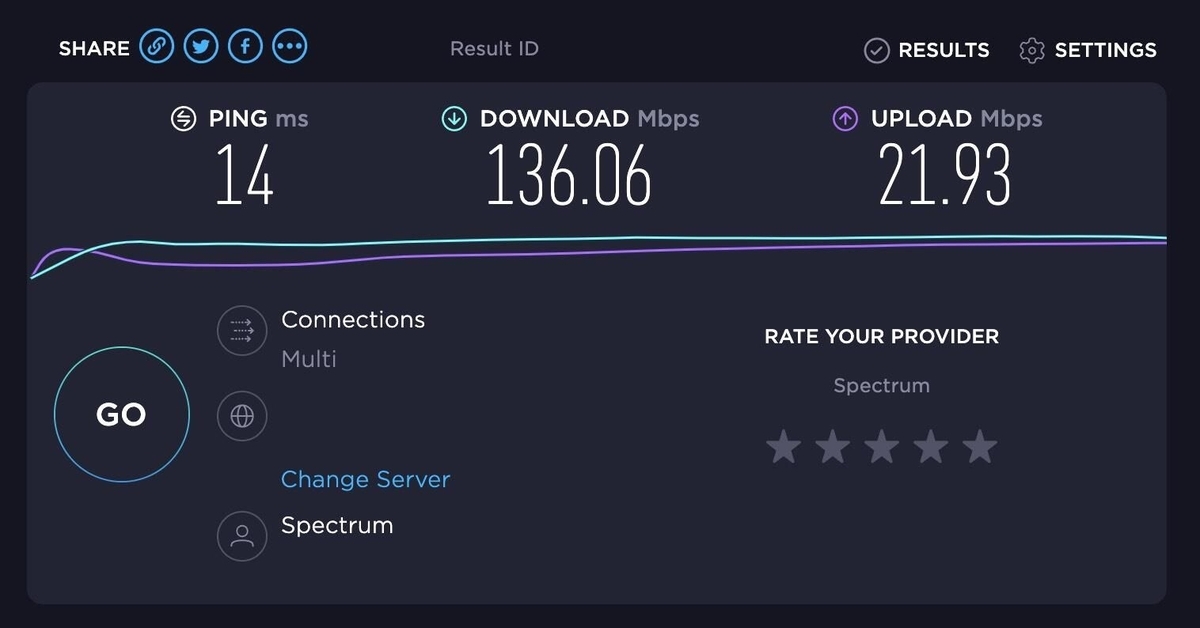
- Contact your internet service provider if you notice any issues.
-
Close unnecessary background processes
- Open Task Manager by pressing Ctrl+Shift+Esc.
- Identify and close any non-essential programs or processes running in the background.
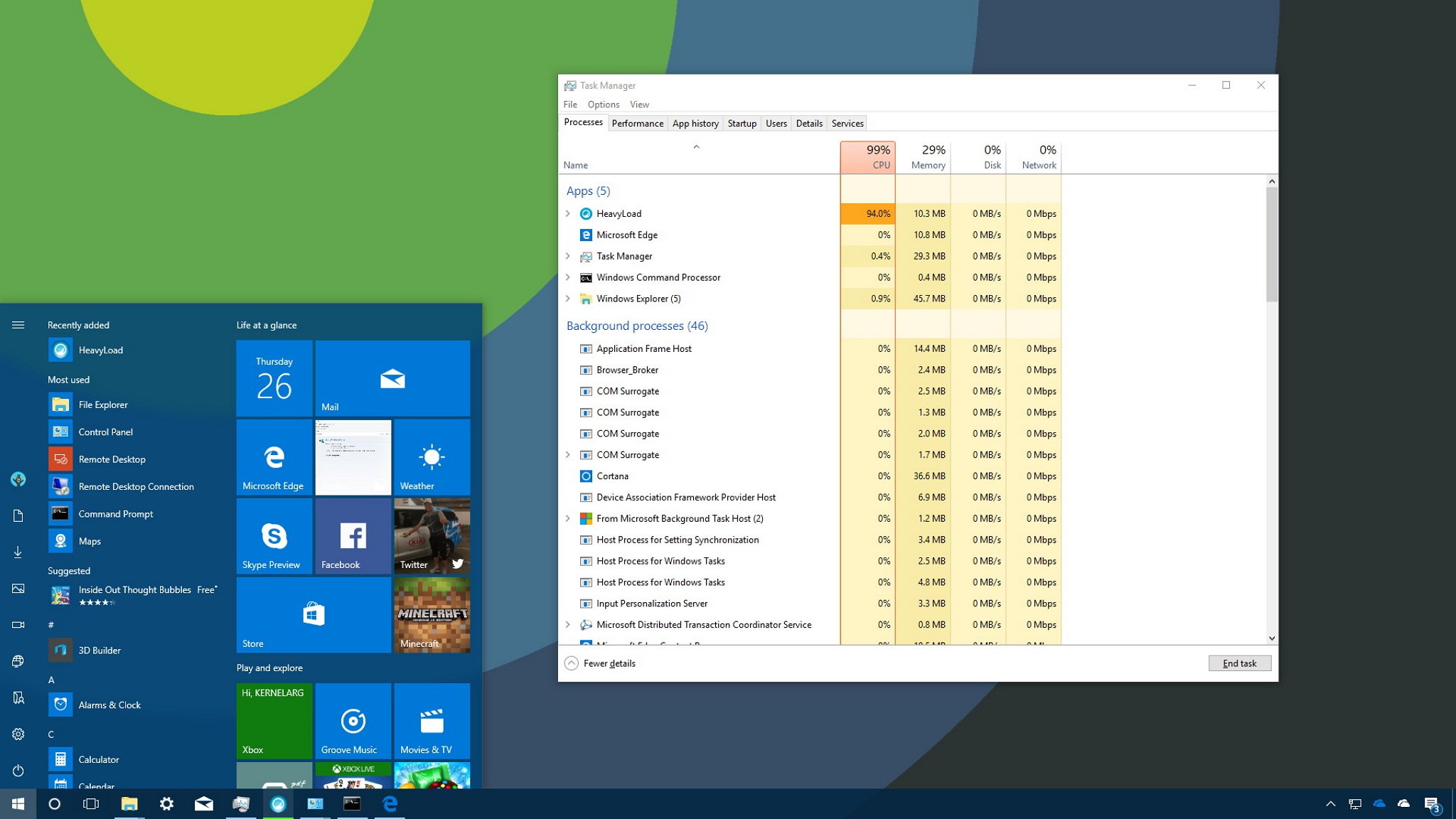
- Focus on closing applications that consume a significant amount of system resources.
-
Optimize your computer settings
- Update your graphics card drivers to the latest version.
- Adjust your in-game graphics settings to reduce the strain on your system.
- Disable any unnecessary visual effects or features in the game.
- Ensure your computer is set to high-performance mode.
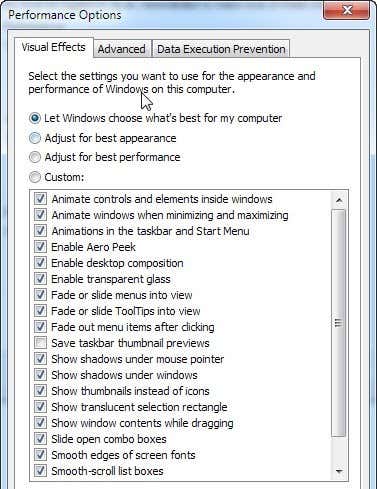
-
Use a wired connection
- Connect your computer or gaming console directly to your router using an Ethernet cable.
- Avoid using Wi-Fi as it can introduce latency and instability.
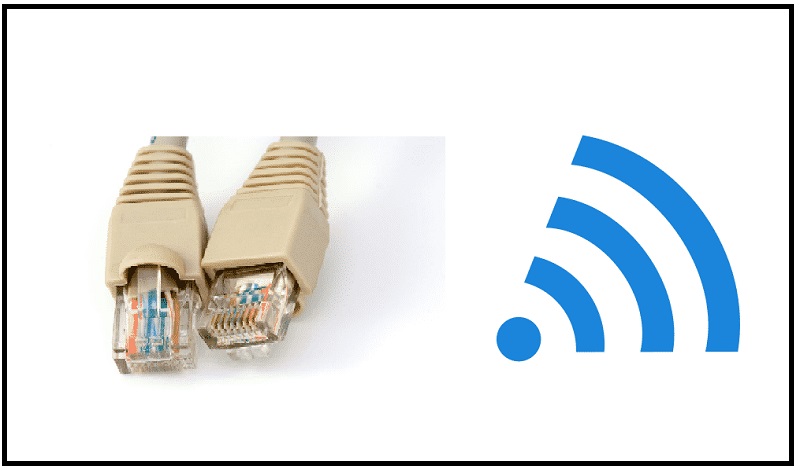
- If using Wi-Fi is unavoidable, ensure you have a strong and stable connection.
-
Disable background downloads and updates
- Pause or cancel any ongoing downloads or updates on your computer or gaming console.
- These downloads can consume bandwidth and cause latency issues.
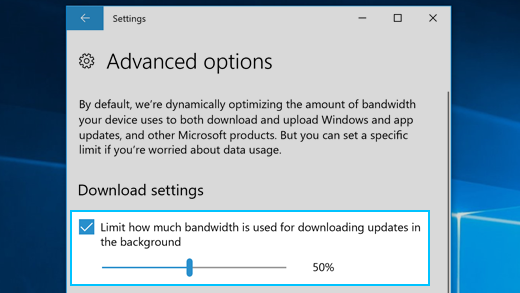
- Consider scheduling downloads and updates for a time when you are not playing the game.
-
Use a VPN (Virtual Private Network)
- Consider using a VPN service to improve your connection stability and reduce latency.
- Choose a VPN server that is geographically close to the game’s server location.
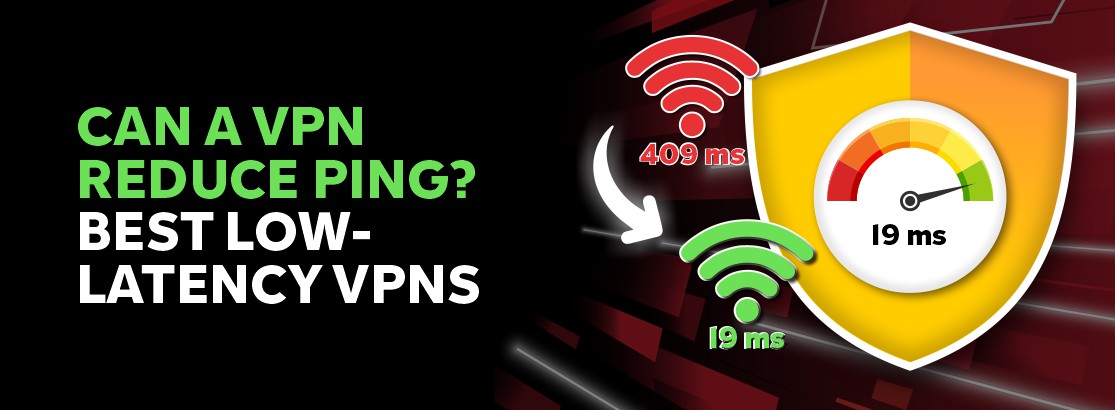
- Ensure the VPN service you choose has a good reputation for gaming purposes.
python
import time
import socket
def measure_latency(server_ip, port):
try:
sock = socket.socket(socket.AF_INET, socket.SOCK_DGRAM)
# Set a timeout to avoid waiting indefinitely for a response
sock.settimeout(2)
start_time = time.time()
sock.sendto(b'Ping', (server_ip, port))
data, server = sock.recvfrom(1024)
end_time = time.time()
# Calculate round-trip time (RTT) latency
rtt = (end_time - start_time) * 1000 # in milliseconds
print(f'Latency: {rtt:.2f} ms')
except socket.timeout:
print('Request timed out.')
finally:
sock.close()
# Usage
server_ip = '127.0.0.1' # Replace with actual game server IP
port = 1234 # Replace with actual game server port
measure_latency(server_ip, port)
This code snippet demonstrates a simple implementation to measure the round-trip time (RTT) latency by sending a UDP ping to a specified server IP and port. However, keep in mind that this is a generic example and may not accurately reflect the latency experienced in “For Honor” or any other specific game.
Network Solutions for Improving Ping in For Honor
If you’re experiencing latency and input lag issues while playing For Honor, there are several network solutions that can help improve your gaming experience.
First, make sure your Internet connection is stable and fast. Check with your Internet provider to ensure you have a reliable connection.
Next, try using a wired connection instead of Wi-Fi. This can reduce packet loss and provide a more stable connection.
You can also try using a VPN service like Honor | wtfast to optimize your network routing and reduce dispatch latency.
If you’re using Bluetooth headphones or earphones, consider switching to a wired headset. Bluetooth can introduce input delay and interrupt latency.
Lastly, close any unnecessary background applications or downloads that may be using up bandwidth. This can help reduce network congestion and improve your ping.
By following these network solutions, you can reduce input lag and improve your overall gaming experience in For Honor.
Optimizing Network Settings for For Honor
table {
width: 100%;
border-collapse: collapse;
}
th, td {
padding: 8px;
text-align: left;
border-bottom: 1px solid #ddd;
}
th {
background-color: #f2f2f2;
}
For Honor Latency and Input Lag Fixes
Optimizing Network Settings for For Honor
Network Settings
| Setting | Description |
|---|---|
| Port Forwarding | Forward the necessary ports for For Honor to improve connectivity and reduce latency. |
| Quality of Service (QoS) | Enable QoS on your router to prioritize For Honor network traffic over other applications. |
| Disable Background Applications | Close or disable any unnecessary background applications consuming network resources. |
| Wired Connection | Use an Ethernet cable for a more stable and reliable connection compared to Wi-Fi. |
| Network Hardware | Upgrade your router or network hardware to support faster speeds and better performance. |
| VPN | Avoid using VPN services while playing For Honor, as they can introduce additional latency. |
By optimizing your network settings as mentioned above, you can significantly reduce latency and input lag issues in For Honor, leading to a smoother and more enjoyable gaming experience.
Beware of the latency issues in For Honor, as they can severely impact your gameplay experience. Download this tool to run a scan


